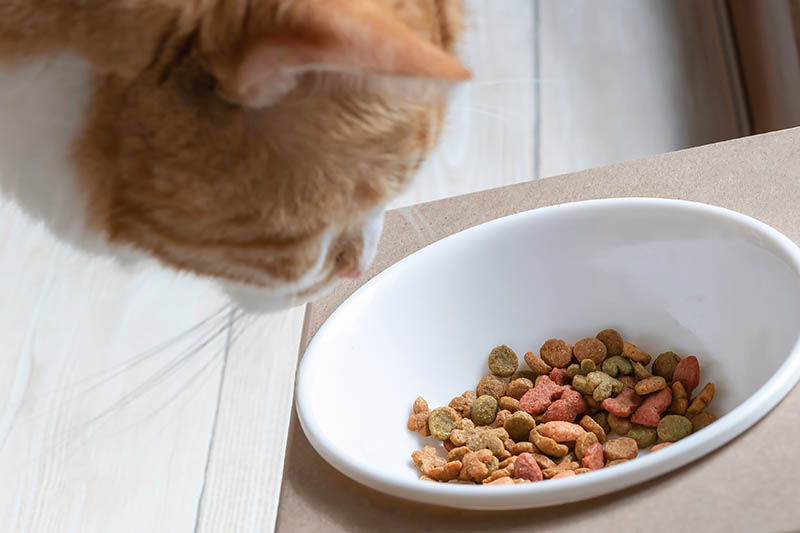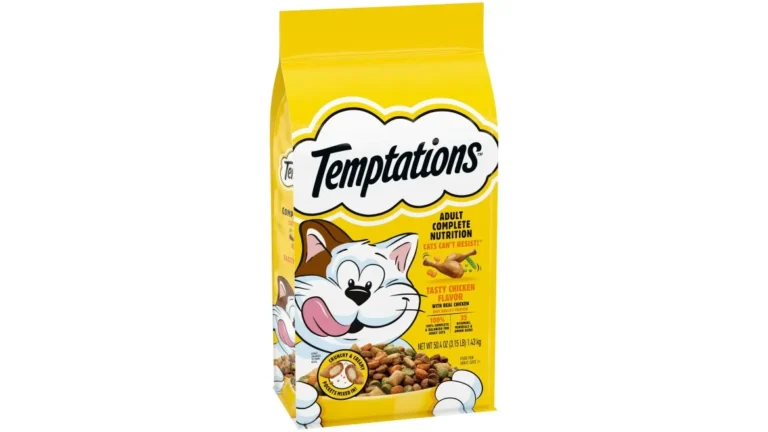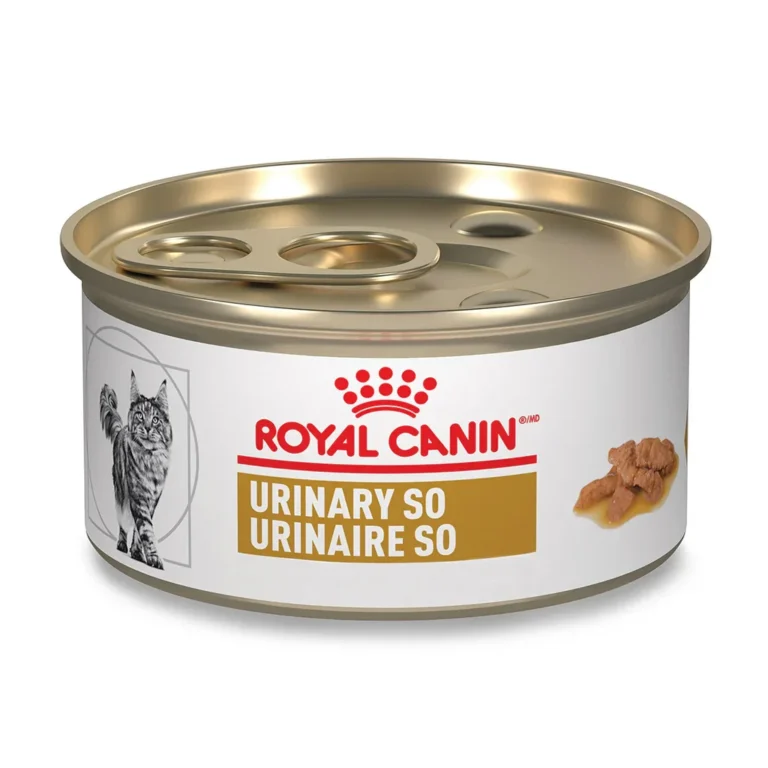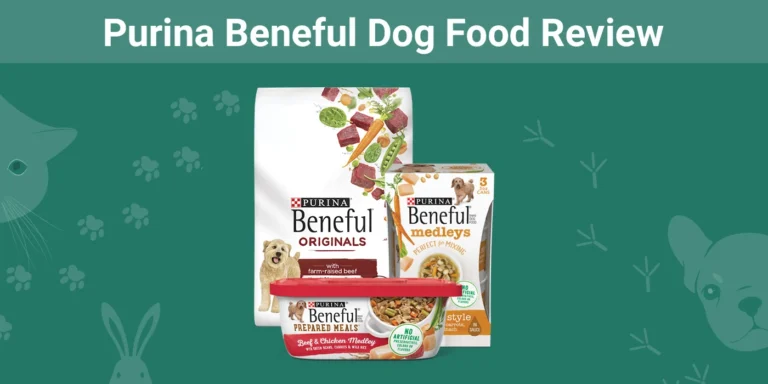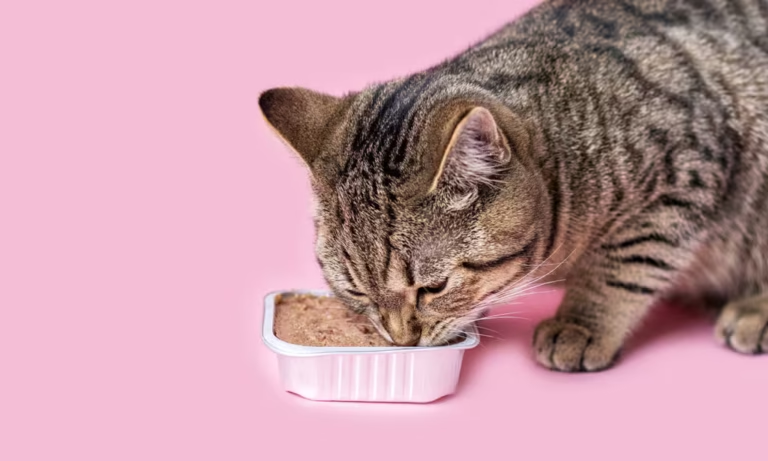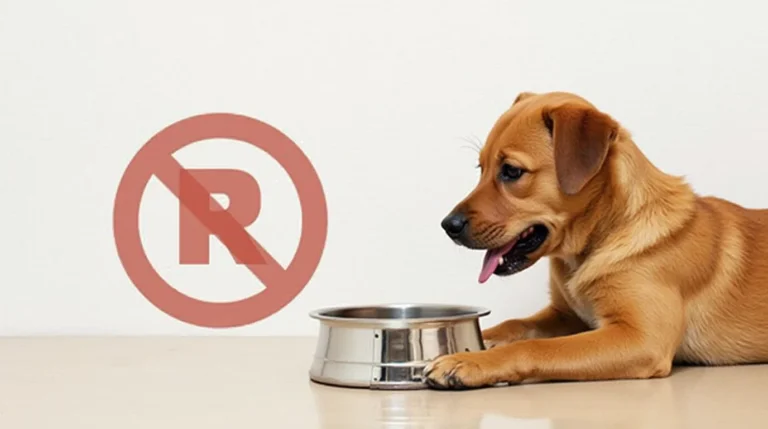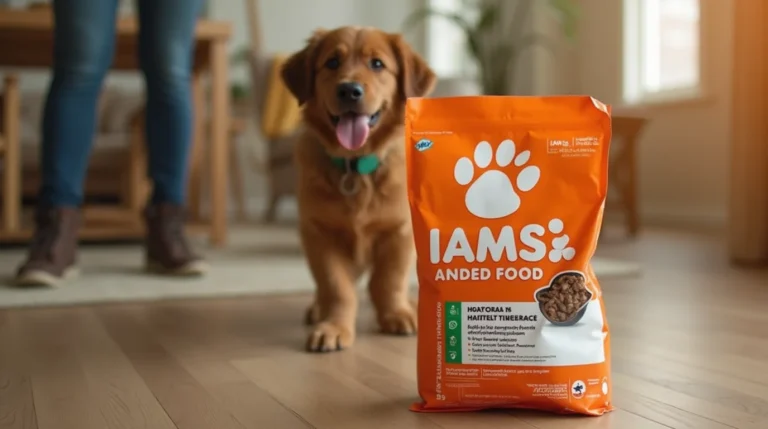Table of Contents
Cats are obligate carnivores, meaning their diet primarily consists of animal-based proteins. In recent years, grain free cat food has gained popularity among pet owners who believe it offers a more natural and species-appropriate diet.
However, there are both benefits and concerns surrounding grain-free diets for cats. This article will provide a balanced view of grain-free cat food, exploring its advantages, disadvantages, and key considerations.
What Is Grain Free Cat Food?
Grain-free cat food is a type of pet food that does not contain grains such as wheat, corn, rice, barley, or oats. Instead, it relies on alternative carbohydrate sources like potatoes, peas, lentils, or chickpeas. Some grain-free diets are also high in protein, using meat, fish, and eggs as primary ingredients.
Why Do Some Cat Owners Choose Grain-Free Food?
Many cat owners opt for grain-free food because they believe it mimics a cat’s natural diet in the wild. Others switch due to concerns about food allergies, digestive issues, or personal preferences for a more protein-rich diet for their pets.
Advantages of Grain Free Cat Food
1. Higher Protein Content
Grain-free cat foods often contain higher amounts of animal protein, which aligns with a cat’s natural dietary needs. Since cats require taurine, an essential amino acid found in meat, a high-protein diet may support better health.
2. Suitable for Cats With Grain Allergies
Although grain allergies in cats are rare, some cats may experience digestive issues or skin problems from grains. In such cases, a grain-free diet might help alleviate symptoms like itching, vomiting, and diarrhea.
3. May Improve Digestion
Cats have a limited ability to digest carbohydrates. Some experts suggest that grain-free food, which often has a higher proportion of animal-based ingredients, may be easier for cats to digest.
4. Potential Benefits for Skin and Coat Health
Some cat owners report that their pets have shinier coats and healthier skin after switching to a grain-free diet. This may be due to the higher quality animal proteins and added omega fatty acids in many grain-free formulas.
5. Less Risk of Weight Gain (If Properly Formulated)
Some grain-free diets are lower in carbohydrates, which could help prevent obesity in cats. However, this depends on the specific formulation, as some grain-free foods still contain high levels of starch.
Disadvantages of Grain Free Cat Food
1. Not Necessarily Low in Carbohydrates
While grain-free food eliminates grains, it does not mean it is free of carbohydrates. Many brands use potatoes, peas, or legumes, which can still be high in starch and may not offer significant nutritional advantages over grains.
2. Higher Cost
Grain-free cat food is often more expensive than grain-inclusive options. The use of higher-quality meat sources and alternative carbohydrate ingredients increases production costs, which are passed on to consumers.
3. Possible Link to Heart Disease
Recent studies have raised concerns about a potential link between grain-free diets and dilated cardiomyopathy (DCM), a heart condition in cats and dogs. Some veterinarians suggest that certain grain-free diets, particularly those high in legumes, may contribute to this condition.
4. Not Always Necessary
Most cats do not require a grain-free diet unless they have a specific allergy or sensitivity. Grains, when properly processed, can provide valuable nutrients, including fiber, vitamins, and minerals.
5. Ingredient Substitutions May Not Be Healthier
Many grain-free formulas substitute grains with legumes and potatoes, which may not be superior in terms of nutrition. In some cases, these alternative ingredients may even be harder for cats to digest.
How to Choose the Best Grain Free Cat Food
If you decide to feed your cat grain-free food, consider these factors:
- Check the Protein Source – Look for high-quality animal proteins like chicken, fish, turkey, or beef as the first ingredient.
- Avoid Excessive Carbohydrates – Ensure the food does not rely heavily on potatoes, peas, or lentils.
- Look for Essential Nutrients – Taurine, omega fatty acids, and vitamins should be included.
- Consult Your Veterinarian – If you are unsure whether a grain-free diet is right for your cat, seek advice from a vet.
Conclusion: Is Grain Free Cat Food the Right Choice?
Grain-free cat food can be a good option for some cats, particularly those with allergies or sensitivities to grains. However, it is not necessarily superior to grain-inclusive diets, and some formulations may pose health risks.
Before making a switch, it’s important to consider the specific needs of your cat, read ingredient labels carefully, and consult with a veterinarian.
Ultimately, the best cat food is one that meets your cat’s nutritional requirements while keeping them happy and healthy.
Grain-free cat food
